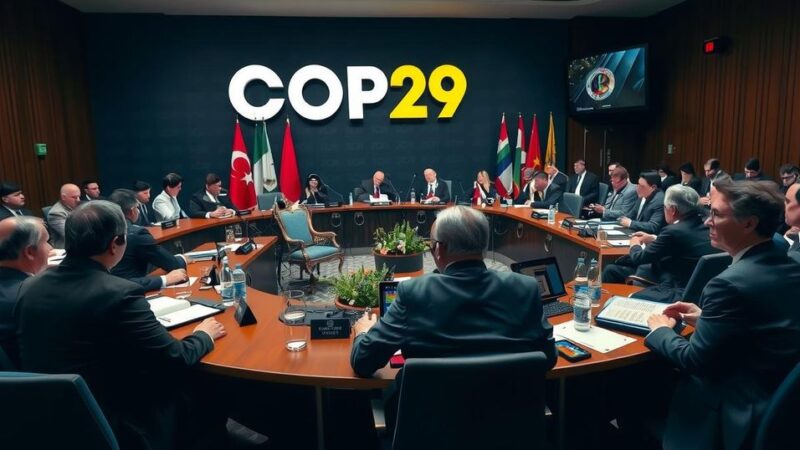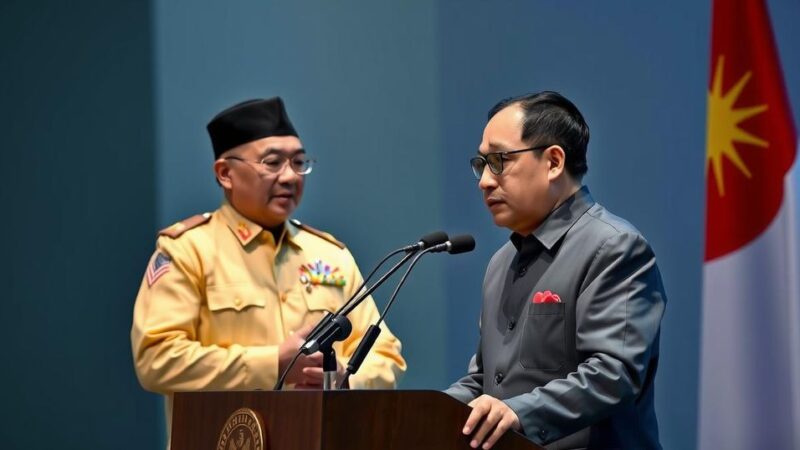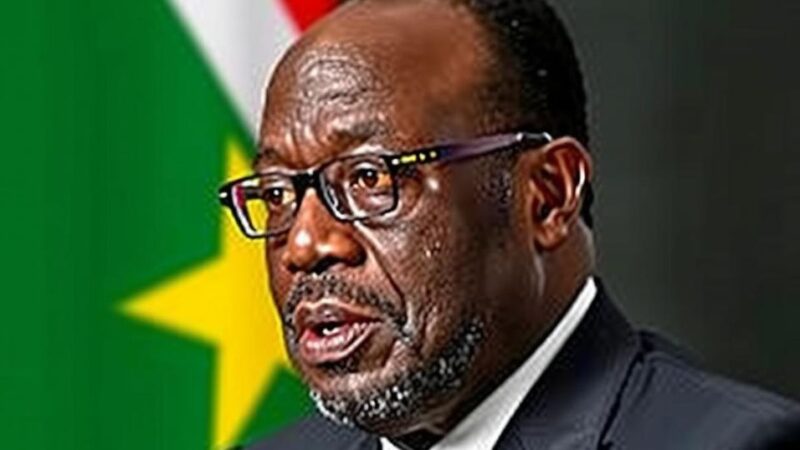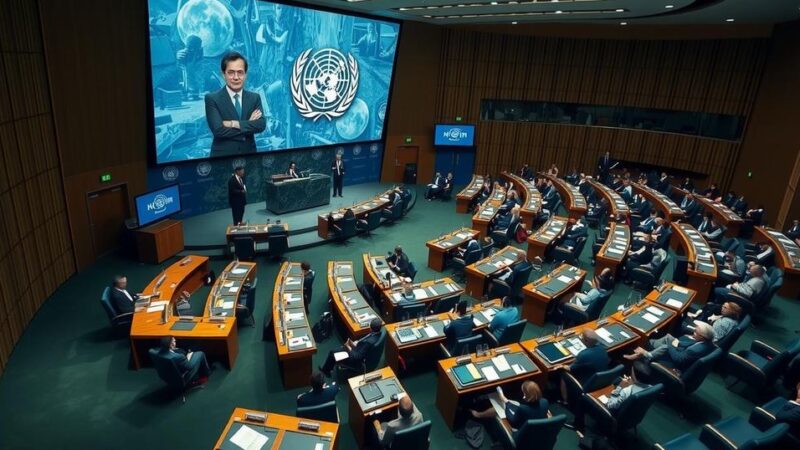Yahya Sinwar, the Hamas leader, was killed in Gaza, prompting U.S. officials and Congress to promote a wider geopolitical agenda involving Saudi Arabia in Palestinian reconstruction. With a lack of focus on Palestinian self-determination, prominent lawmakers envision a structure resembling an emirate, prioritizing U.S. strategic interests rather than true democratic governance.
The recent killing of Yahya Sinwar, the Hamas leader and architect of the October 7 attacks, has sparked a renewed push among U.S. officials and lawmakers to reshape the political landscape in Palestine. Sinwar, targeted by Israel, was reportedly killed during an engagement in Gaza, highlighting his significant role in the ongoing conflict. In the aftermath, U.S. politicians have shifted focus from simply seeking a ceasefire to promoting broader geopolitical ambitions, particularly involving Saudi Arabia’s role in Palestinian reconstruction. Senator Richard Blumenthal expressed optimism about potential opportunities for peace and stability in the region, suggesting that Sinwar’s death could facilitate Israel’s security strategies and improve relations with Gulf states. He remarked, “The moment must be seized.” Beyond this, a more comprehensive strategy appears to be emerging that could prioritize American interests over Palestinian self-determination, as evidenced by Senator Lindsey Graham’s comments envisioning an arrangement that would create a quasi emirate for Palestinians under Gulf leadership, rather than a democratic solution. Grahams’s assertion highlights a disparity between the purported support for Palestinian rights and the reality of planned governance. While some officials, such as Representative Adam Schiff, voiced calls for an end to hostilities in Gaza, influential members of Congress like Senate Foreign Relations Committee Chair Ben Cardin have called for a broader approach, one that encompasses long-term peace and mutual recognition in the region. The Biden administration has been keen on solidifying a deal with Saudi Arabia as part of its legacy, with previous discussions about establishing a U.S.-Saudi defense treaty, emphasizing the interconnectedness of these diplomatic moves with the resolution of the Gaza conflict. In summary, the Democratic administration appears focused on leveraging the current situation in Gaza to advance a broader agenda, which includes significant involvement from Gulf states in Palestinian affairs, yet lacks a clear commitment to Palestinian self-governance or input in the decision-making processes affecting their future.
The topic revolves around the political aftermath of the killing of Yahya Sinwar, a key Hamas leader, whose death has been leveraged by various U.S. officials and lawmakers to promote a broader geopolitical agenda involving U.S.-Saudi relations and plans for the future of Palestine. The article outlines the implications of Sinwar’s death on peace discussions in the region, its potential to redefine governance in Gaza, and the influence of American foreign policy in response to the ongoing conflict between Israel and Hamas. The backdrop includes ongoing tensions in the region and the complex interplay of various national interests, particularly in relation to Palestinian sovereignty and self-determination.
In conclusion, the elimination of Yahya Sinwar has not only intensified immediate discussions regarding the conflict in Gaza but has also underscored broader international ambitions, particularly those of the United States and Saudi Arabia, to reshape governance in Palestine. Key political figures exhibit a preference for a solution that reinforces existing power structures and U.S. interests, often at the expense of Palestinian autonomy. The emerging strategies reveal an intricate balance of geopolitical motives and region-specific realities that may ultimately redefine the future of the Palestinian territories.
Original Source: theintercept.com






